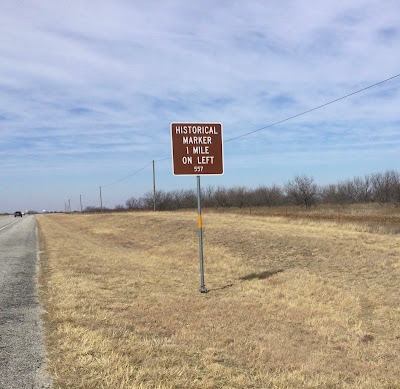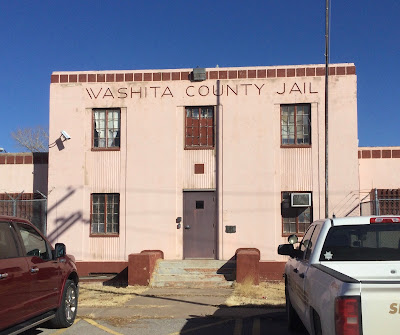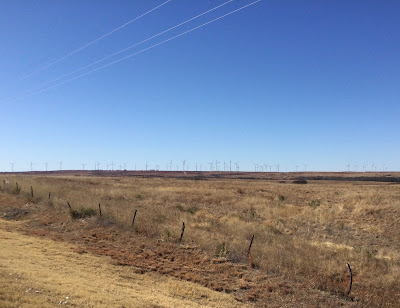Once again inclement weather prompted a good-hearted soul to go out of their way to press some money upon me. It was a dank, heavily overcast day just above freezing with a mist in the air that had all the vehicles on the road using the interment setting on their wipers.
With no such feature on my glasses I was having to wipe them every so often with a gloved finger. My goretex jacket was dripping water on my pants, but it wasn’t soaking in, rather drying from the heat my legs were generating. Earlier in the day when the temperature was in the twenties, the moisture adhering to my helmet had coagulated into tiny icicles. I noticed an appendage on my visor and was quite surprised to discover what it was when I brushed it off. These were conditions such as I had never experienced before.
Mid-morning a motorist pulled off onto the shoulder ahead of me and a middle-aged woman hopped out of the car and held out a ten dollar bill for me. “Here, take this,” she said. “Treat yourself to something nice.”
When I checked the weather forecast a little later using the WiFi at a Taco Bell, it didn’t say anything about rain in the hourly forecast, just cloudy and cold. The moisture in the air was considered fog, not rain, as it wasn’t actually falling. The road was more dry than wet, so my tires weren’t spraying me with water. I was damp, not soaked, but I needed the air to clear so I could dry if I were to camp, as my gear certainly wasn’t going to dry in the tent with the temperature falling below freezing when night came.
At four-thirty I came to the small town of Goldthwaite at a cross roads of two highways. It had two non-chain motels. I passed up the first one as it was so unexpected and I hadn’t made the mental commitment yet to not camp. As I pedaled on I feared that might have been a mistake and I ought to turn back. But I kept going.
When I came upon a second motel a mile later and saw the road ahead disappearing into a thick, low-hanging cloud cover, I opted not to risk pushing on, as it could be my last chance for a dry place for the night. It was Indian-run and the owner said the other motel had an Indian proprietor as well, though they didn’t speak. There could be a movie in that, but I didn’t pursue it.
My early halt left me eighty-five miles from Belton and its Carnegie, a little further away than I cared to be if I wanted to safely reach it the next day before dark and have time to find a place to camp, but it was more important not to be in a tent full of damp clothes. I hated to quit riding with two hours of light left and lose the pleasure of the tent, as finding a place to camp is much, much more preferable than retreating into a motel, but I am becoming somewhat used to it on this trip.
It was a joy to behold a clear sky becoming illuminated by the rising sun the next morning. It was below freezing when I set out so I was a bit wary of black ice. There was no traffic early on a Sunday morning so I could ride in the middle of my lane, which had a slight hump to it, which whatever water might have collected would have drained off of. After an hour when the sun had risen high enough to melt what film of ice there might be I could relax and ride with some vigor. Even early a row of wind generators pointing towards me were slowly turning, indicating I had a bit of a tailwind. This was hill country, so all the climbing kept my average speed to around twelve miles per hour, but twelve would get me to Belton in adequate time.
Now it’s on to Louisiana, where I’ll drop by its two westernermost Carnegies and complete that state. My route will take me by two Texas Carnegies that Janina and I visited in 2014 on our way to Greg in Dallas. It fills me with great anticipation, as they are still vivid in my memory eight years on.



















































